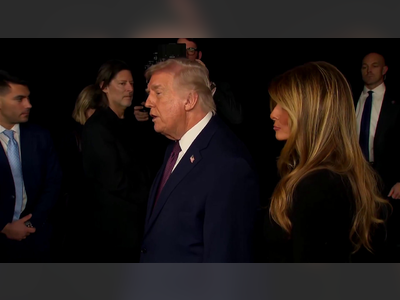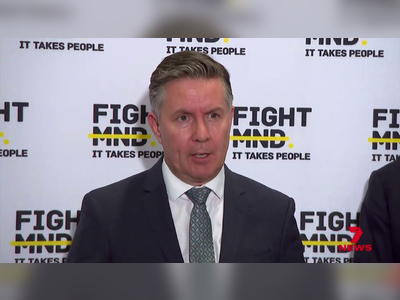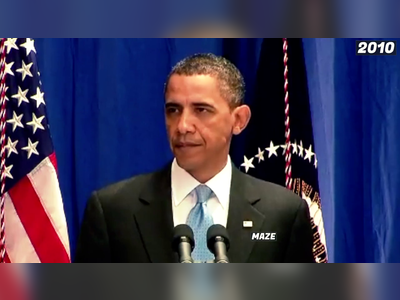EU Fiscal Agreement Sparks Disagreement Between France and Germany Over Investment Expenditure
EU finance ministers continue to debate new fiscal rules in Brussels, edging toward agreement after an eight-hour discussion, but further negotiations are necessary. The aim is to balance debt reduction with investments in sustainability and defense. While France and Germany disagree on investments amid high deficits, support is divided among other nations. France's Finance Minister, Bruno Le Maire, is optimistic about finalizing the rules by year-end.
The COVID-19 pandemic and climate emergencies have rendered the current fiscal framework, limiting government debt to 60% of GDP and deficits to 3%, obsolete. The proposed reforms suggest flexible debt reduction timelines and investment incentives, addressing both high public debt and climate change investments.
Diplomats highlight the urgency as the European Parliament's current term ends in April, with European elections in June. Nonetheless, any December agreement is expected to have minimal impact on 2024's fiscal plans, which follow existing guidelines. However, establishing credible EU fiscal coordination remains crucial for market stability and supporting the European Central Bank's inflation efforts.
Diplomats highlight the urgency as the European Parliament's current term ends in April, with European elections in June. Nonetheless, any December agreement is expected to have minimal impact on 2024's fiscal plans, which follow existing guidelines. However, establishing credible EU fiscal coordination remains crucial for market stability and supporting the European Central Bank's inflation efforts.
Translation:
Translated by AI
AI Disclaimer: An advanced artificial intelligence (AI) system generated the content of this page on its own. This innovative technology conducts extensive research from a variety of reliable sources, performs rigorous fact-checking and verification, cleans up and balances biased or manipulated content, and presents a minimal factual summary that is just enough yet essential for you to function as an informed and educated citizen. Please keep in mind, however, that this system is an evolving technology, and as a result, the article may contain accidental inaccuracies or errors. We urge you to help us improve our site by reporting any inaccuracies you find using the "Contact Us" link at the bottom of this page. Your helpful feedback helps us improve our system and deliver more precise content. When you find an article of interest here, please look for the full and extensive coverage of this topic in traditional news sources, as they are written by professional journalists that we try to support, not replace. We appreciate your understanding and assistance.











